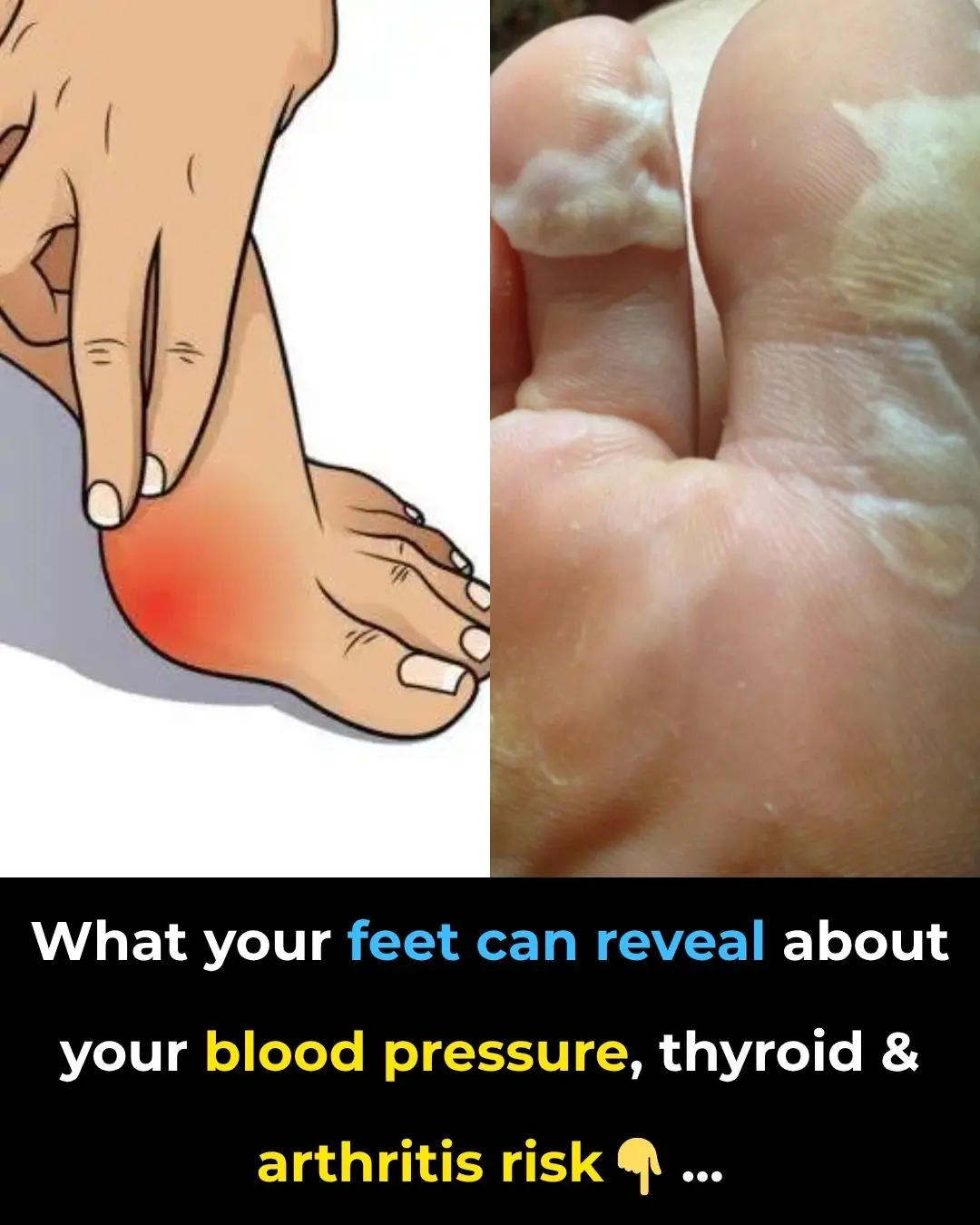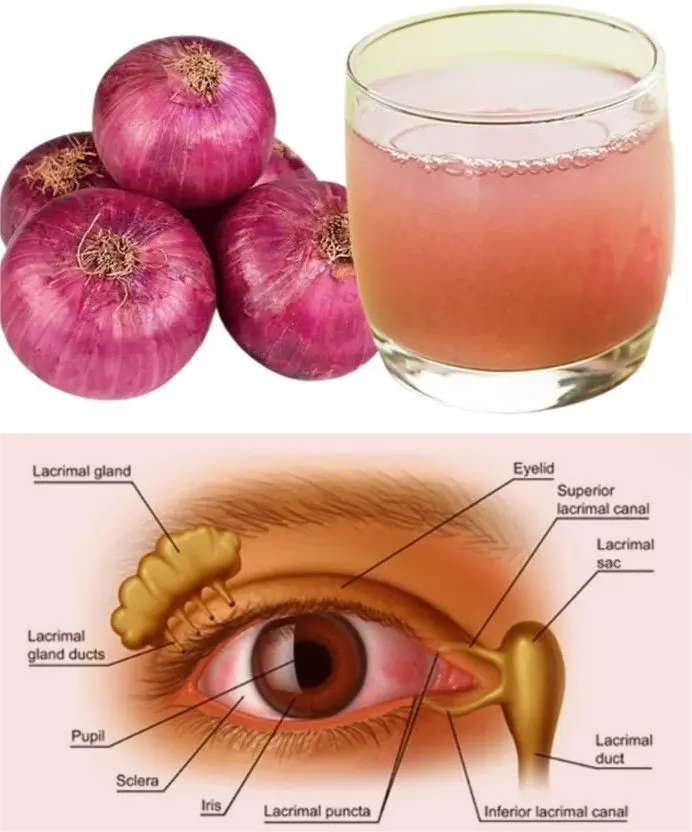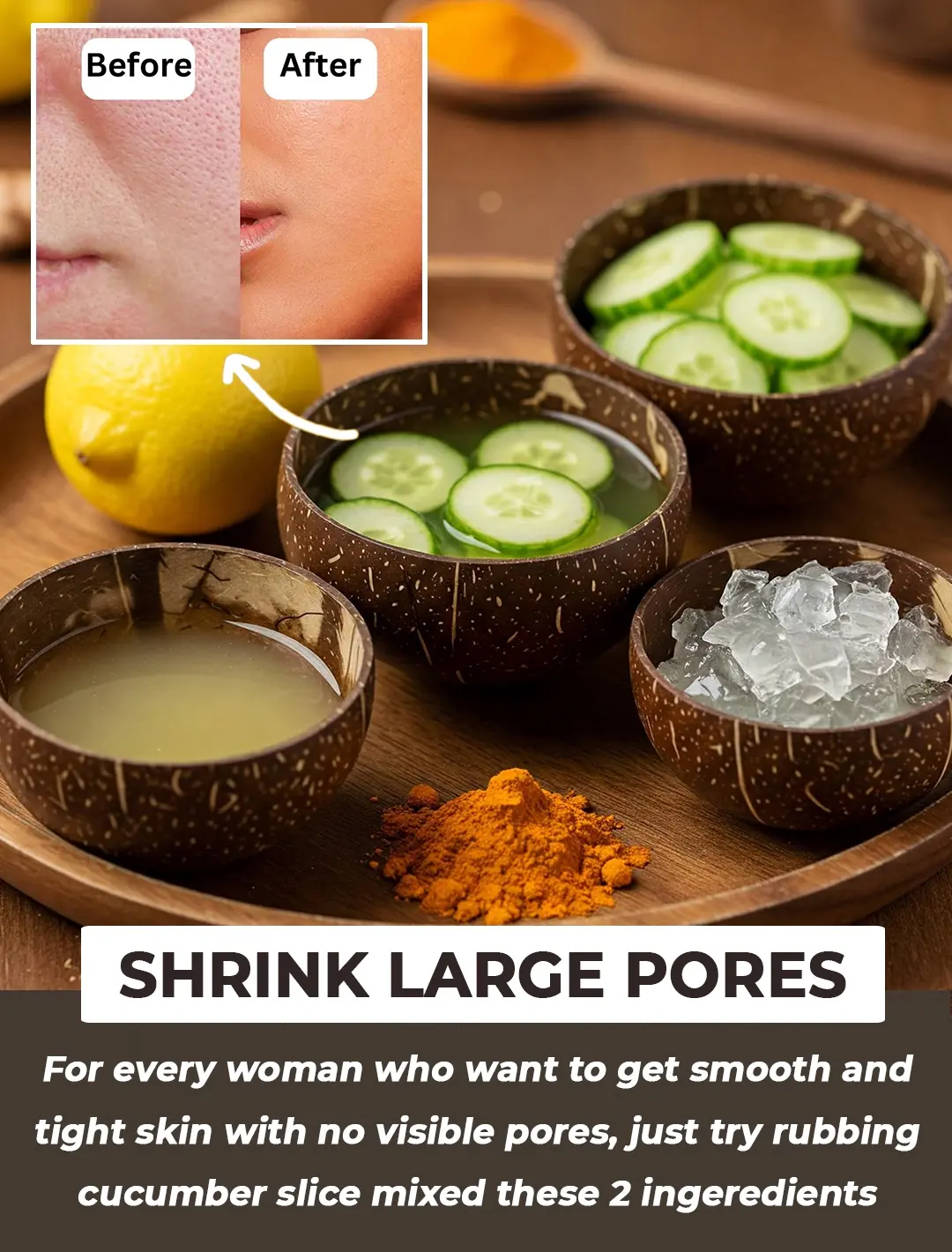
Does The Inside Of Your Ear Itch

Have you ever experienced that persistent, irritating itch deep inside your ear that just won’t seem to go away? You’re not alone. Itchy ears are a surprisingly common issue, affecting people of all ages. While it may seem like a small or harmless inconvenience, chronic ear itching can sometimes signal an underlying condition that deserves attention. Understanding why it happens — and how to properly care for your ears — can make all the difference in finding lasting relief.
If you’ve ever wondered why your ears itch or how to stop it safely, this article will guide you through the most common causes and share effective treatment and prevention tips to help you keep your ears healthy and comfortable.
Common Causes of Itchy Ears
1. Dry Skin
Just like the skin on your hands or face, the delicate skin inside your ears can become dry and flaky. Overcleaning your ears, using harsh soaps, or removing too much earwax can strip away the natural oils that keep the ear canal moisturized. When this happens, the skin becomes irritated and itchy. People who live in dry climates or suffer from conditions like eczema may be especially prone to this issue.
2. Ear Infection
Bacterial or fungal infections are another frequent culprit. These infections can cause redness, swelling, and itching in the ear canal, often accompanied by discharge or mild pain. Fungal infections, in particular, are common in humid environments or after swimming, a condition sometimes called “swimmer’s ear.” Unlike minor dryness, ear infections require medical evaluation and treatment to prevent complications.
3. Allergic Reactions
Your ears can react to allergens just like any other part of your body. Earrings made from nickel, certain hair products, or fragranced lotions can all trigger irritation or allergic contact dermatitis. If your ears itch after wearing certain jewelry or using a new product, an allergy may be to blame. Switching to hypoallergenic or fragrance-free products can make a big difference.
4. Earwax Buildup
Earwax (cerumen) plays an essential role in protecting the ear canal by trapping dust and preventing infection. However, when too much earwax accumulates or hardens, it can cause itching, muffled hearing, or even pain. Trying to remove it with cotton swabs can make matters worse by pushing the wax deeper, so it’s best to let a healthcare provider handle removal if buildup becomes a problem.
5. Skin Conditions: Eczema or Psoriasis
Chronic skin conditions like eczema and psoriasis don’t just affect visible areas of the body — they can also occur inside or around the ears. These conditions cause inflammation, redness, and persistent itching. Managing them often requires a combination of prescription creams, gentle cleansing, and ongoing care under the guidance of a dermatologist or ENT specialist.
Effective Treatments and Prevention Tips
1. Use Over-the-Counter Ear Drops
Soothing ear drops can help relieve mild itching and dryness. Look for drops formulated with ingredients like glycerin or mineral oil, which help moisturize and calm irritation. For minor infections, antifungal or antibiotic ear drops may be recommended — but always consult a pharmacist or doctor before using new products.
2. Maintain Proper Ear Hygiene
Good ear care means keeping your ears clean without overdoing it. Instead of inserting cotton swabs, gently wipe the outer ear with a soft, damp cloth. Avoid inserting any objects into the ear canal, as this can cause injury or push wax deeper inside.
3. Stay Hydrated and Support Skin Health
Drinking plenty of water helps your skin — including the sensitive skin inside your ears — stay naturally moisturized. You can also support skin health by maintaining a balanced diet rich in vitamins A, C, and E, which promote healthy tissue repair.
4. Avoid Triggers and Allergens
If you notice itching after using certain hair sprays, shampoos, or earrings, try eliminating one product at a time to find the source. Opt for hypoallergenic jewelry and fragrance-free personal care products to reduce irritation.
5. Consult a Medical Professional
Persistent or severe itching, pain, or discharge from the ears should never be ignored. These symptoms might indicate infection, eczema, or another underlying condition. An ENT (ear, nose, and throat) specialist can perform an examination, identify the root cause, and recommend targeted treatment to bring you relief.
Final Thoughts
Your ears are small but sensitive organs that play a vital role in hearing and balance. Itchy ears might seem like a minor annoyance, but they can be your body’s way of signaling dryness, irritation, or infection. By understanding the possible causes and following simple care habits, you can soothe irritation, prevent future discomfort, and maintain overall ear health.
Remember: healthy ears are happy ears — and paying attention to their signals can help you protect not only your hearing but also your overall well-being.
News in the same category


A 3-Year-Old Girl Bit a Thermometer and Swallowed Mercury: A Mother’s Smart Reaction Saved Her Daughter’s Life and Earned the Doctor’s Praise

5 Signs of Kidney Failure That, If Ignored, Could Lead to a Lifetime of Dialysis

Is Cancer Hereditary? Useful Advice to Prevent the Growth of Cancer Cells

4 types of people who should avoid eating cucumbers

10 Warning Signs It’s Time to Cut Back on Caffeine

Legs Feeling Weak? These 3 Drinks Can Bring Back Your Strength

Mix These 3 Before Bed — They Help Heal Your Arteries While You Sleep

Stop Sleeping Like This — It’s Ruining Your Spine!

Eat Celery Regularly for a Healthier Digestive System and Lower Blood Sugar Levels

What Your Feet Can Reveal About Your Blood Pressure, Thyroid And Arthritis Risk

Stop Throwing Away Avocado Seeds: They’re Potent Cancer Fighters!

Why You Should Drink THIS Warm Turmeric Water In The Morning

The #1 mineral deficiency linked to strokes (and how to fix it)

Top 8 vitamins that boost testosterone

Is Broccoli Better Than Cauliflower? The Real Truth About Cancer Risk, Heart Health and More

Eat 3 dates daily and these 6 things will happen to your body!

What Your Belly Is Trying to Tell You

Can Onion Juice Gently Support Eye Health? A Natural Tip to Try
News Post

Top 5 Natural Remedies to Shrink Enlarged Pores and Achieve Smooth Skin

DIY Onion Sunflower Seed Oil: Get New Hair In Bald Patches

Homemade Carrot Oil for Glowing Skin: A Natural Solution for Dark Spots, Wrinkles & Anti-Aging

Glow Ice: Rice Water Cubes to Shrink Pores and Get Clear, Radiant Skin

The Body’s Intuition: Signs of an Impending End

When boiling sweet potatoes, don't just use water, add 1 spoon of this, every tuber will be soft and sweet

Stir-fried beef is tough: Add these 3 steps, the meat will be softer, sweeter, and tastier than in restaurants

The Shoes You Pick Reveal What Kind of Woman You Are

Dead Butt Syndrome Is Real

Stop This Spider From Entering Your Home

Why We Can’t Sleep Without a Blanket Even on Hot Nights

Using Hot Water to Clean a Greasy Pan Sounds Smart — But It’s Actually Doing More Harm Than Good

Why seniors should keep their socks on even at home

Why You Should Sprinkle Salt on Your Gas Stove — The Surprising Cleaning Hack That Works Wonders

10 fridge habits you’re doing wrong

A 3-Year-Old Girl Bit a Thermometer and Swallowed Mercury: A Mother’s Smart Reaction Saved Her Daughter’s Life and Earned the Doctor’s Praise

5 Signs of Kidney Failure That, If Ignored, Could Lead to a Lifetime of Dialysis

Is Cancer Hereditary? Useful Advice to Prevent the Growth of Cancer Cells

4 types of people who should avoid eating cucumbers
